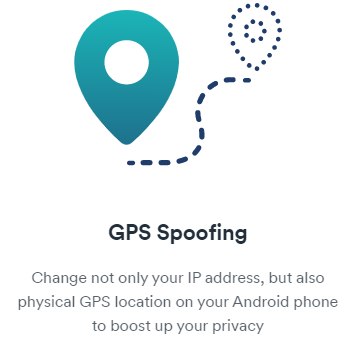I don’t know about you, but I view VPN as this fancy tool needed only by someone who has things to hide online. People like top government officials who could be a target for state-sponsored espionage or some crook doing shady things online hence the need to mask their digital fingerprint.
As an average netizen, I place little thought into who could be spying on my data. Unless, of course, we are talking about more sensitive stuff like online bank accounts, work emails, and critical personal details.
So who cares if Google, Facebook, Amazon, and all the big names in digital marketing are after my data. I just want to binge on Netflix, catch up with family and friends on social media, and do some online learning.
But what if you could Save Money using a VPN?
The aforementioned applies to millions of netizens on the world wide web. VPN vendors’ marketing efforts often fall on deaf ears for such reasons. We hear you, but just don’t think we need what you’re selling. And no, fear-mongering that we’re open to being hacked will not make us purchase the subscription. Most of us think that we don’t have that much data or critical online activities that would warrant such subscriptions.
That was until I learned about the price discrimination online vendors practice based on consumers’ location, age, time, and other demographic parameters. So let us talk about that, shall we:
Hotel Bookings
We get it, despite the fact that the world wide web sells to us this idea of universal online citizenship. Truth remains, the globe has been cordoned into world regions, and the geo-politics dynamics of it dictates special treatment for citizens residing in a given region over others.
For instance, if you come from the UK and want to book a hotel room near the Serengeti National Park in Tanzania. If you go online and try to make a booking at a specific hotel near the park, you will get different pricing, compared to someone in Tanzania trying to make the same booking.
Here is where a VPN could come to your rescue. By browsing the same hotel booking website using a VPN, and switching your server to one in or near Tanzania. You will be able to enjoy the same pricing as someone booking the same hotel from inside Tanzania. A reputable VPN that crosses all the right checkboxes on this front is Surfshack. It allows you to easily and quickly spoof your location by simply switching to servers in different locations.
Re-Use One-Time Seasonal Discounts
There are times when retailers give shoppers one-time seasonal discounts; especially around the festive season like Christmas, Thanksgiving, or Black Friday shopping. As it works out, the online e-commerce websites are designed to track each individual shopper and award each one a one-time seasonal discount.
Once you have exhausted your discount, you will continue shopping at the normal prevailing prices. However, with a VPN, you could throw the trackers off their trail, and dupe them into thinking you are a new shopper every single time. That way, you keep enjoying the one-time seasonal discount over and over.
That is possible through a VPN since you will be able to change your server each time you’re shopping, and appear like you’re from a different location each time.
Airline Ticket Purchase
Airlines charge passengers different tickets depending on where they are making the ticket purchase. In scenarios where an airline wants you to pay more for a ticket other passengers in different locations are getting at a fair price, a VPN could come in handy.
All you need to do is change the VPN server location and enjoy a fairly priced ticket. This price discrimination is a standard consumer practice, but you can game the system to your advantage.
Wrapping up
You can use a VPN to beat discriminatory pricing by sellers based on consumers’ locations. However, to enjoy that benefit, you must use the VPN in the correct manner. That entails switching on the VPN and clearing cookies before visiting the website.
Also, some of the benefits mentioned above are hinged on the T&C of the given vendor. Some vendors are legally allowed to give discounts to residents of their country while charging higher prices to foreigners. In such cases, it would be almost illegal to try and pass off as a local, while making bookings or purchases.



